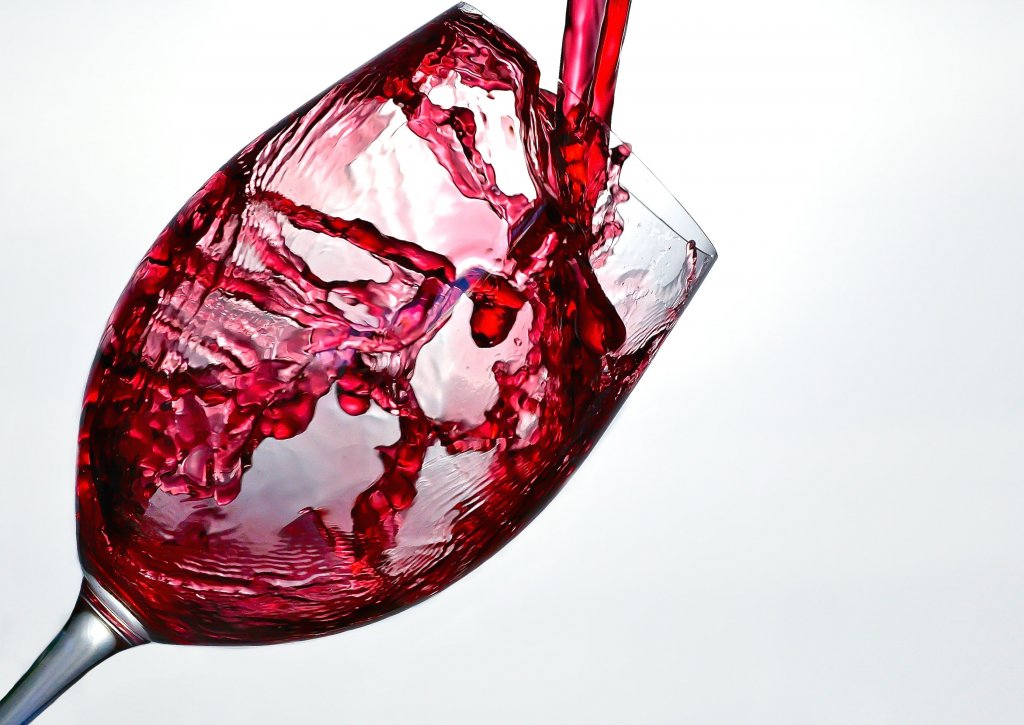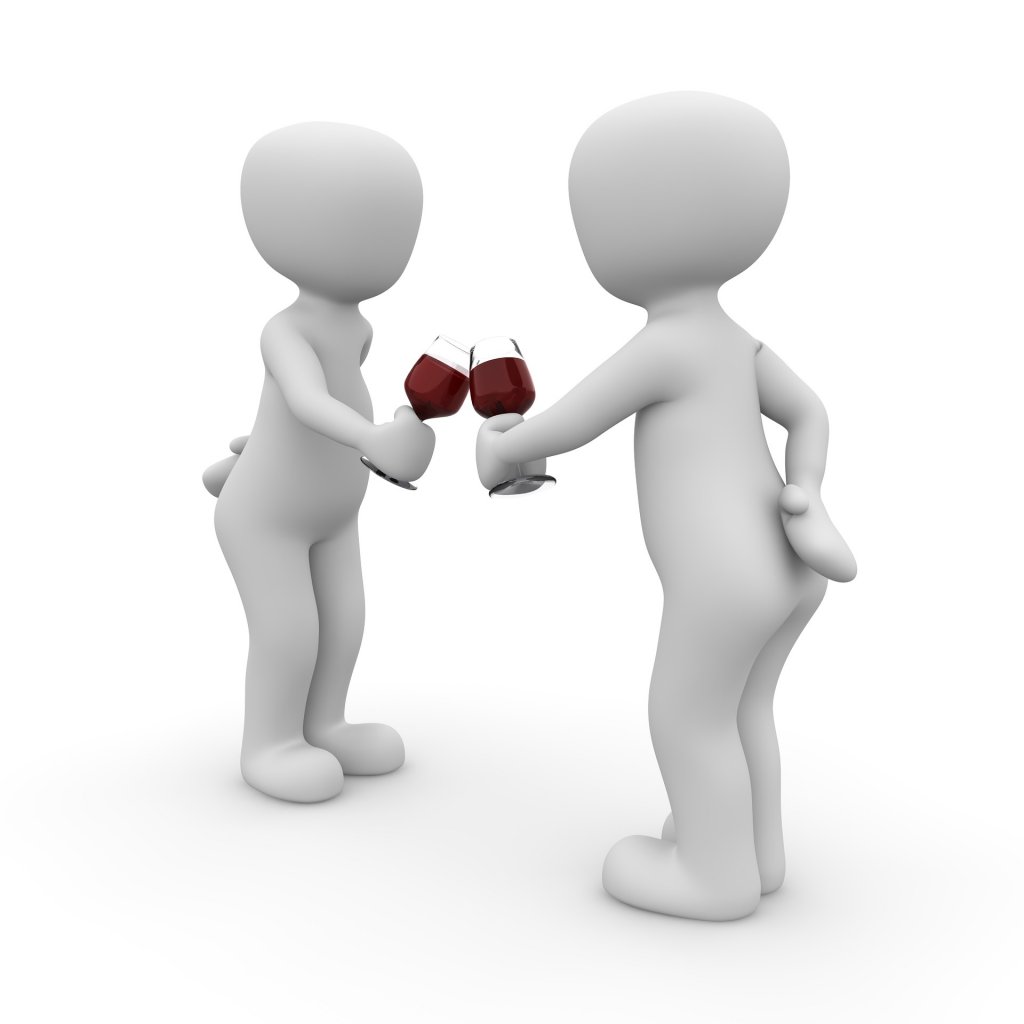Drinks, Dementia & Hearing loss
The Way I Hear It
Gael Hannan (The Way I Hear It) is a hard of hearing advocate that understands both sides of the fence between the consumer and the hearing health care professional. Gael’s columns are humorous, sometimes cutting, but always constructive and to the point.

For those of us who have hearing loss and/or chronic tinnitus, news of breakthrough cures or treatments are met with a heartbeat-jump of hope.
Then, a snort of suspicion.
But then we think, but what if? How wonderful if one day, preferably before I die, “they” discover something we can swallow or smoke that will actually revive those cochlear hair cells or eliminate chronic tinnitus? Gingko biloba and other miracle plant cures are spectacularly ineffective for most tinnitus-sufferers, quickly becoming another medicine cabinet statistic. And apparently marijuana can increase the sound perception rather than muffle it.
Are we closer to a laser beam that will zap a rogue acoustic nerve or cranky cochlea back into working order?
But if I hold my breath too long on those hopes, I will die. So we just have to take the great news as it comes—in bits, slowly, surely.
Here’s a tasty bit: another reason why moderate alcohol intake may be beneficial to your health. My HHTM colleague Judy Huch recently reported that a National Institutes of Health-supported “meta-analysis of 143 studies on the effects of alcohol on the brain reports that light to moderate drinking (maximum of 2 drinks/day for men and 1 drink/day for women) reduces risks for dementia and cognitive decline by 23%”. Refer to the blog for more details on type of alcohol, the neuroprotective effect, etc.
In summary, a very modest intake of alcohol might be good for us, along with being delicious and happy-making. (I suspect the difference in recommended amounts relates more to average body mass than gender. If so, is it fair to suppose that a smallish man should opt for the smaller amount, and a large-ish women could feel free to knock back a couple?) Regardless, this is good news for health conscious people who want to prevent dementia—don’t we all—and enjoy some wine or beer in the process.
But what does this have to do with hearing loss? A study published in the journal Otolaryngology-Head and Neck Surgery. Resveratrol is a plant compound found in red wine that may protect against noise-induced hearing loss and cognitive decline AND—wait for it—stress levels. And since hearing loss causes stress, products with resveratrol should be on our shopping lists. And just so that you don’t think I’m on the payroll of the nation’s winemakers, alcohol is not the only compound with resveratrol; I know at least one protein powder supplement that includes it.
People with hearing loss need to use many strategies to communicate and remain cognitively agile. The 2014 study released by researchers from Johns Hopkins and the National Institute on Aging, notes that as “the brain becomes smaller with age, the shrinkage seems to be fast-tracked in older adults with hearing loss”. However, positive results are showing up in studies that examine the use of assistive technology and other communication strategies in combating this.
For people who suffer from tinnitus—and that would include me—a bit of alcohol can temporarily lessen the perception of the sounds that ring and roar in our heads. But the magic word is “temporarily.” When the wine wears off, the tinnitus gleefully continues and participants on tinnitus forums confirm that too much alcohol can make the tinnitus worse the next day. But now that I know that a glass of wine can be beneficial, I’m not going to worry about considered a lush. I mean, some children in Italy drink more than me.
Obviously, this strategy isn’t an option for those who prefer not to drink, or who have problems with alcohol and substance addiction. Assistive technology to maximize the hearing system is crucial, as is addressing the emotions of hearing loss—grief, frustration, anger—with the help of hearing professionals and consumer groups, as well as engaging family support.
The biggest impact of hearing loss is felt in relationships. After 25 years of marriage, the Hearing Husband and I still have daily moments, sometimes called snits, related to hearing loss. But he works hard, not only to communicate the way I need, but also to help me in difficult listening situations. Otherwise, my stress levels would be higher, possibly forcing me up to a higher level of daily alcohol consumption.

And does that really reduce my chance of dementia? I’ll err on the side of caution ... cheers!

